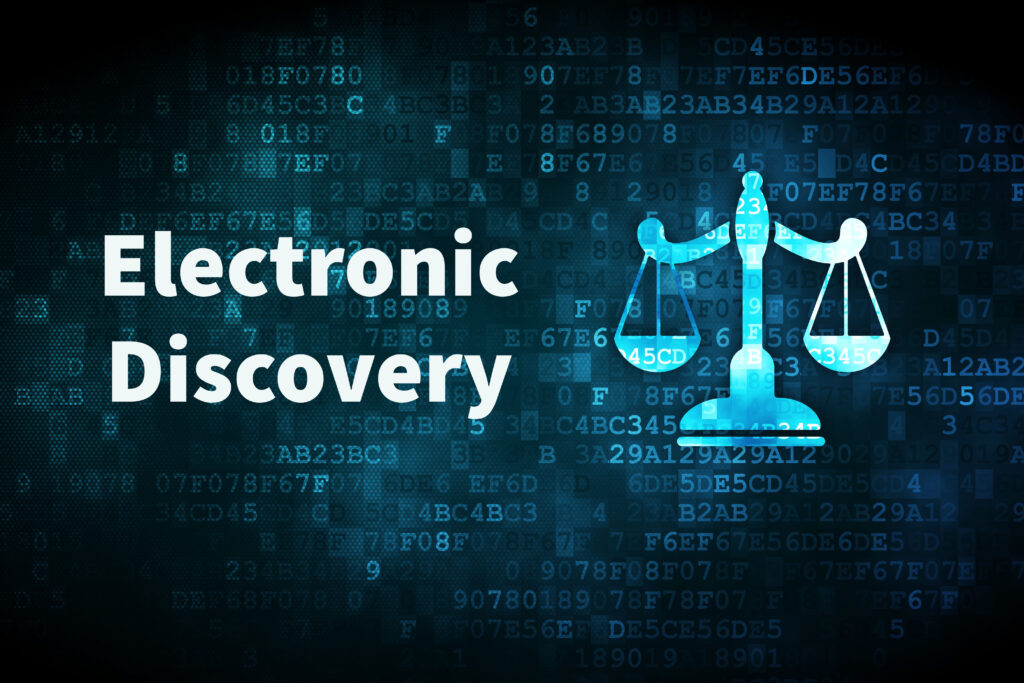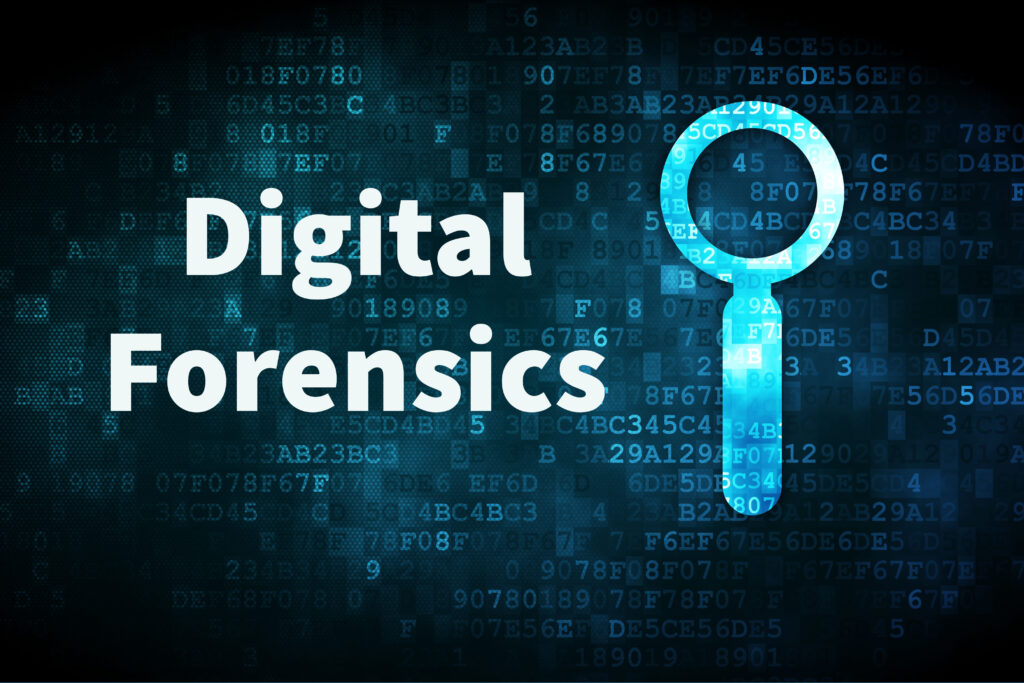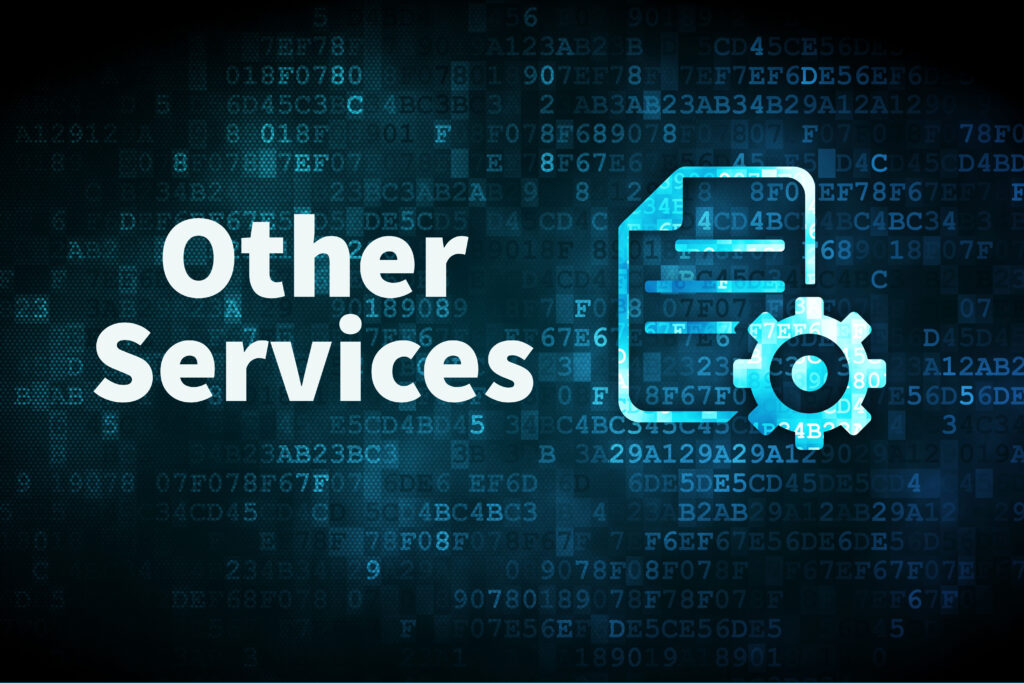
Looking for an electronic discovery company that can help you streamline your legal discovery process? Look no further than Certified Service Professionals.
Our experienced team of e-discovery professionals has a proven track record of success in helping law firms and corporations efficiently and effectively manage their electronic data, from preservation and collection to review and production.
We understand the complexities of e-discovery and use the latest tools and technologies to streamline the process and ensure that our clients receive the most accurate and relevant data possible. Our commitment to client satisfaction and exceptional service has earned us a reputation as a trusted partner in the legal community.
Whether you’re facing high-stakes litigation or need ongoing support for your e-discovery needs, we have the expertise and resources to help you achieve your goals. Contact us today to learn more about how we can support your electronic discovery needs.
Electronic discovery (eDiscovery) services are essential for any legal case that involves electronic data. With the increasing reliance on digital communication and documentation, eDiscovery has become an integral part of the legal process. Here are some reasons why you should consider using our eDiscovery services for your legal case:
- Cost-effectiveness: eDiscovery services can help you save time and money by streamlining the discovery process. By using specialized software and tools, eDiscovery experts can quickly and efficiently review large volumes of electronic data, reducing the time and costs associated with traditional manual review methods.
- Improved accuracy: eDiscovery services can help ensure that all relevant electronic data is identified and preserved for use in your legal case. This can help you avoid the risk of missing important information that could impact the outcome of the case.
- Compliance with legal requirements: eDiscovery services can help you ensure that you are complying with all legal requirements related to the discovery of electronic data. This can help you avoid costly fines and legal penalties associated with non-compliance.
- Enhanced collaboration: eDiscovery services can facilitate collaboration between legal teams, allowing them to work together more effectively and efficiently. By using cloud-based tools and platforms, eDiscovery experts can provide real-time access to electronic data, making it easier for legal teams to review and analyze information.
- Technical expertise: eDiscovery experts have specialized technical knowledge and experience in the field of electronic data discovery. They are up-to-date on the latest technology and software tools, and can provide valuable insights and recommendations to help you make informed decisions throughout the discovery process.
In particular, eDiscovery services are an essential resource for any legal case that involves electronic data. By using these services, you can save time and money, improve accuracy, ensure compliance with legal requirements, enhance collaboration, and benefit from the technical expertise of eDiscovery experts.
Uses of Electronic Discovery
Electronic discovery (eDiscovery) is the process of identifying, collecting, preserving, and analyzing electronic data as part of a legal investigation or lawsuit. In addition to its use in legal cases, eDiscovery has a variety of related uses in the business world.
Here are a few examples:
- Information governance: eDiscovery can be used to implement effective information governance policies that help organizations manage their data in a secure and compliant manner. By using eDiscovery tools to identify and categorize data, organizations can ensure that they are retaining the right data for the right amount of time, and that they are disposing of data in a timely and secure manner.
- Risk management: eDiscovery can also be used for risk management purposes, such as identifying potential security threats and vulnerabilities in an organization’s IT systems. By analyzing electronic data, organizations can detect patterns or anomalies that may indicate a security breach or other type of risk.
- Regulatory compliance: eDiscovery can be used to help organizations comply with a variety of regulatory requirements, such as HIPAA, GDPR, and FINRA. By using eDiscovery tools to identify and categorize data, organizations can ensure that they are meeting the specific data retention and security requirements of each regulatory body.
Overall, eDiscovery can be a powerful tool for organizations to manage their electronic data and mitigate risk. By using eDiscovery tools to analyze data and extract valuable insights, organizations can make more informed decisions and improve their overall data management practices.
Data Volume Analysis & Defensible Reduction
Data volume analysis is a critical process in electronic discovery, where large volumes of data must be collected, processed, and reviewed for relevance and privilege. The process involves identifying and analyzing the data sources, mapping data flows, assessing the volume and complexity of the data, and developing strategies to reduce the volume of data to a defensible and manageable size.
Defensible reduction of data volume is a critical step in managing the costs and risks of electronic discovery. By eliminating irrelevant, duplicative, or privileged data, litigators can focus on the relevant evidence and avoid unnecessary production of non-responsive data. Defensible reduction also ensures that the produced data is consistent with the discovery requests and meets the legal and ethical obligations of the parties.
Our team of experts has extensive experience in data volume analysis and defensible reduction of data. We use advanced technologies and methodologies to identify and eliminate irrelevant data, apply data analytics to prioritize the relevant data, and implement defensible culling strategies to reduce the volume of data to a defensible and manageable size. Our experts work closely with attorneys and clients to develop customized workflows that meet their specific needs and requirements, while ensuring defensibility and cost-effectiveness.
Proportionality Assessment and Data Mapping
Proportionality Assessment and Data Mapping advisory services are both essential components of eDiscovery, and they can be extremely helpful in managing large amounts of data and reducing costs associated with eDiscovery.
Proportionality Assessment and Advisory involves analyzing the scope of discovery and determining if it is proportional to the needs of the case. This process helps to reduce the volume of data that needs to be reviewed and processed, thus reducing costs and speeding up the discovery process.
Data Mapping involves identifying where data is located within an organization and how it is stored. This is important in the context of eDiscovery because it can help to identify potential sources of relevant data and reduce the time and resources required to collect and process that data. By mapping data sources and storage locations, it becomes easier to determine the scope of eDiscovery and identify the most relevant data sources.
Both Proportionality Assessment and Advisory and Data Mapping services are valuable tools for managing the eDiscovery process and reducing the cost and time required to complete it.
Electronic Discover Saves Money
Electronic discovery (eDiscovery) can help save money in legal cases by reducing the time and cost associated with traditional paper-based discovery processes. Here are some ways eDiscovery can save money:
- Streamlined data collection: eDiscovery tools can quickly and efficiently collect relevant data from a variety of sources, including email, social media, and electronic documents. This saves time and reduces the need for expensive manual data collection processes.
- Improved data analysis: eDiscovery tools can quickly analyze large amounts of data and identify relevant information, reducing the need for manual review by attorneys. This can significantly reduce the cost of legal document review and analysis.
- Reduced storage costs: eDiscovery tools can help organizations identify and dispose of unnecessary data, reducing the need for costly data storage solutions.
- Increased efficiency: eDiscovery tools can automate many of the manual tasks associated with traditional discovery processes, such as searching for relevant documents or redacting confidential information. This can help reduce the time and cost associated with discovery.
- Improved accuracy: eDiscovery tools can help ensure that all relevant data is collected and reviewed, reducing the risk of missing important information and potentially costly mistakes.
As a rule, eDiscovery can help save money in legal cases by reducing the time and cost associated with traditional paper-based discovery processes. By streamlining data collection, improving data analysis, reducing storage costs, increasing efficiency, and improving accuracy, eDiscovery can help legal teams save money and allocate resources more effectively.



